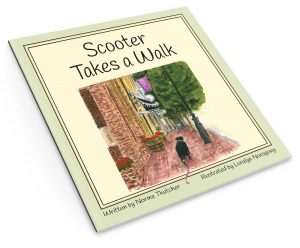
One of the homework exercises for students in my “Talk to Me!” class usually produces the same response from most students. When I announce they will need to record themselves talking (at meetings, in daily interactions, or their side of phone conversations) for a cumulative time of at least thirty minutes, I get the “deer in the headlights” look. What? Why would I want to do that!
I explain: When you have enough recorded, go to a quiet spot and play it. Listen carefully. First, listen just to your words.
- Is your message diminished by qualifiers? (“I sorta prepared the report.” “I kinda finished the project.”) I hear this frequently!
- How about overusing a single word or phrase? I heard a presentation where the speaker made a point and then asked the audience, “Right?” He made another point, and again “Right?” There were nineteen “Rights?” in the half hour talk. I counted.
- Do you drop the “g” for words ending in –ing? (“Sittin’ / Lookin’ / Doin’”)
From this first evaluation, you may hear other aspects you want to correct.
Listen a second time and analyze the sound of your voice. What impression does it make? What do you notice about how you talk?
This once-dreaded homework assignment usually turns out to be a mind-opening experience for the adult students. From their class presentations, here are three illustrative stories:
1) A woman who works in a field predominated by men was thunderstruck by how little she spoke at meetings. When the boss presented an issue, she would quickly come up with several ideas. In her head, that is. She didn’t actually make a peep. The conversation went on around her. She saw how she was self-sabotaging her career by keeping quiet. Now she speaks up at each meeting.
2) A well-mannered man was upset to learn he was a rude speaker. “I am an interrupter!” he told the class. “I talk over people and I finish their sentences.” Only when he became aware of the bad habit was he able to break it.
3) A young woman had struggled with the class. Week after week she was still visibly nervous and spoke in a timid voice. When she shared her voice self-evaluation, she said, “When I listened to myself, I got mad! The recorder was on my desk at work and people would ask me how to do stuff like always, because I’ve been there a long time and I know how to do everything. But when I answered them, I sounded so unsure. So I got mad at myself.” Courageously, she then shared the details of not only growing up in an abusive family but also of marrying, then divorcing, an abusive man. Hearing for herself how her life story had affected her voice was a life-changing experience for her. And it was a story I’ll never forget.
Question to my readers: Are you willing to take the challenge of recording and analyzing your words and voice? If so, let us know what you’re amazed to find out about yourself.



